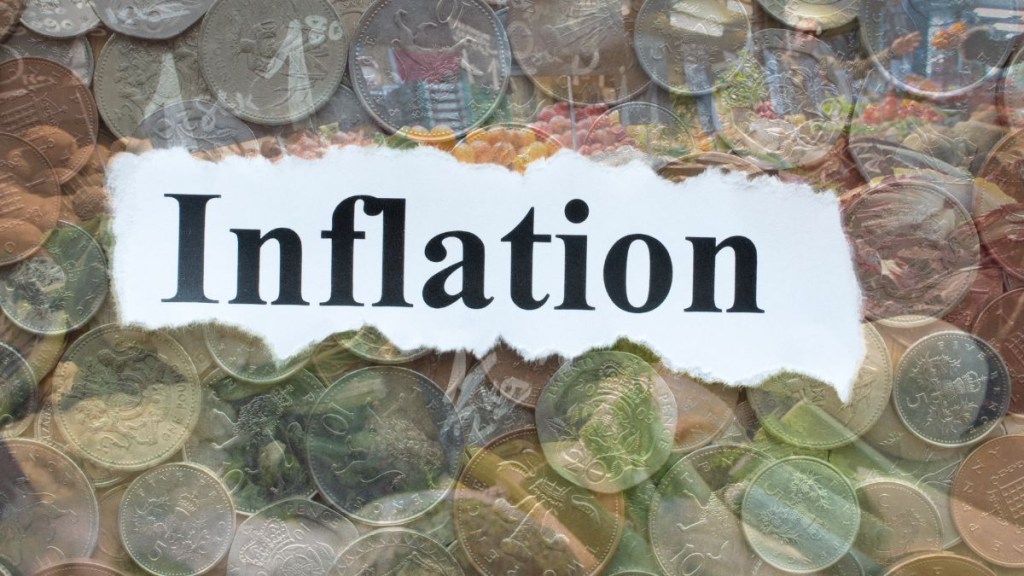India’s wholesale price inflation re-entered the negative territory in October primarily due to decline in prices of food articles, crude petroleum & natural gas, electricity, mineral oils, and basic metals, data released by the government on Friday showed. The Wholesale Price Index (WPI) inflation fell to a 27-month low of (-)1.21% in October from 2.75% in the same month last year. It was (-)1.2% in July 2023.
This also marked the third instance of WPI inflation being in the negative zone in the last six months. It was (-)0.19 and (-)0.58 in June and July respectively. According to the data, the deflation in food articles was 8.31% compared to 5.22% in September with the prices of vegetables, onions and fruits declining in October.
The food index (24.38% weight in the index) consisting of ‘food articles’ from primary articles group and ‘food product’ from manufactured products group has remained constant from September to October. The rate of inflation based on WPI food index decreased to (-) 5.04% in October from (-) 1.99% in September.
Retail inflation plunged to a series-low of 0.25% in October, due to a favourable base effect, drop in the prices of vegetables, cereals, fruits, and the impact of decline in the Goods and Services Tax (GST), according to data released by the National Statistics Office (NSO) on Wednesday.
The decline in both retail and WPI inflation rates increasing the chances of rate cut in December. The Reserve Bank of India had kept the policy rate unchanged at 5.5% in October. RBI’s Monetary Policy Committee is scheduled to meet on December 3-5.
Government data showed the primary articles inflation was (-)6.18% during the month as compared to -3.32% in September. Fuel power inflation in October was (-)2.55% as compared to (–)2.58% in the previous month. The manufacturing products (64.23% weight) inflation was 1.54% in October. However, manufacturing products recorded a sequential decline of (-)0.07% from 145.2 for the month of September to 145.1 in October.
A sharp decline in food prices, supported by this year’s good monsoon, further deepened deflation in the primary goods category, Rajani Sinha, Chief Economist at CareEdge said.
According to economists, a favourable base effect and impact of GST cut further supported a deflation in the wholesale prices. The government implemented GST reforms, effective from September 22, which simplified the tax structure to primarily two main slabs, 5% and 18% and introduced a special 40% rate for luxury and sin goods.
PHD Chamber of Commerce and Industry CEO and Secretary General Ranjeet Mehta said WPI inflation to remain range-bound due to benign international crude oil prices, comfortable buffer stocks of food-grains and healthy kharif harvest.

